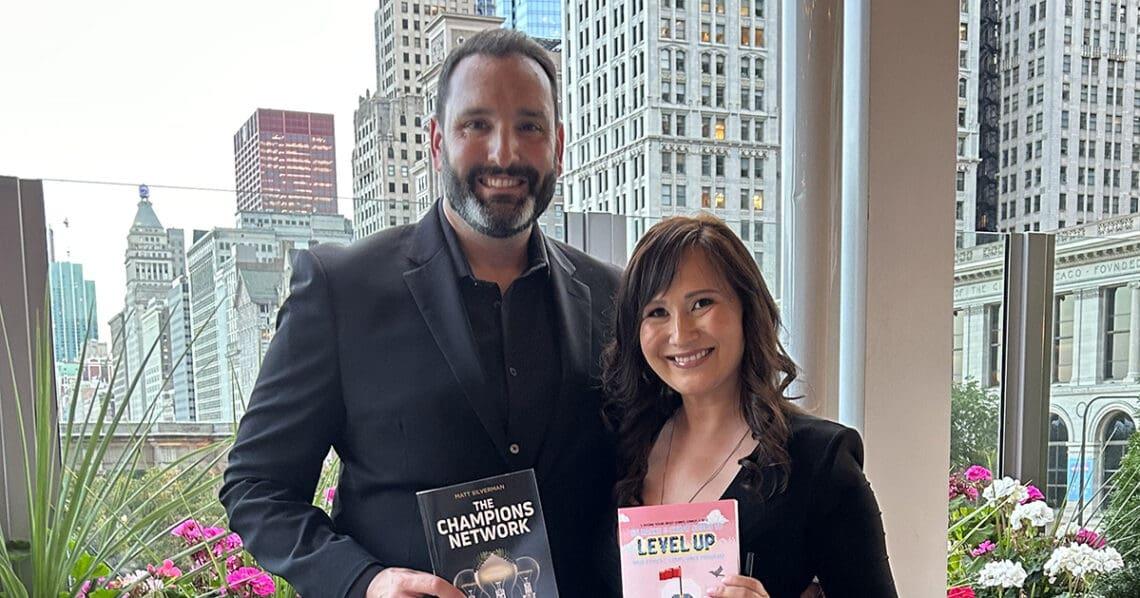CCI columnist Mary Shirley seeks guidance from the DOJ and compliance experts, including newly published author Matt Silverman, about how to help your compliance champion network flourish.
Compliance champion networks, which some organizations call compliance ambassador or liaison programs, can help compliance teams spread themselves out among the business when headcount is tight.
These programs typically involve appointing members of the business as special compliance liaisons who help implement the compliance program locally and do extra tasks on top of their day jobs. An example would be translating a compliance communication into the local language. Often, the chosen representatives are influential and well-respected in the organization.
Though the concept has been around for some time and deployed by many companies for years, 2023 was the first time that we saw the Department of Justice espouse the idea in its “Evaluation of Corporate Compliance Programs” guidance. The DOJ’s timing couldn’t have been better for compliance thought leader and author Matt Silverman, who published his first book, “The Champions Network,” in October 2023, as the agency’s new guidance discusses the history of champion networks and what makes or breaks success.
The DOJ isn’t the only one who can offer helpful guidance in creating a robust compliance champion network. Here are a couple more tips:
- Provide compensation for your compliance champions to help address the thankless aspect of adding work to a person’s day that’s probably far beyond the job they applied for. An extra day of paid leave, for example, can help motivate your champions network.
- Create an air of prestige around the champion network, as CDM Smith chief compliance officer Beth Colling and her leadership team have done. At CDM Smith, being asked to serve as a compliance champion is seen as a career highlight.
And as the foremost expert in our industry on compliance champion networks, Matt has a lot to say in this lightly edited Q&A:
Mary Shirley: What’s your No. 1 tip for leveling up champion networks?
Matt Silverman: If I had to pick a No. 1 tip, I’d say it’s this: Make sure to keep your champions engaged. I’ve seen champion networks set up successfully, only to have champions become complacent and lose their initiative. It’s the responsibility of the network leader to ensure that champions continue to see the value in their role and are encouraged to stay proactive. Engagement can take many forms. Sometimes it means finding ways to incentivize champions, but often it just means a willingness to create open communication channels, keep champions updated on changes to internal policies or ensuring that champions see the impact they are having. Network leaders sometimes forget that champions can’t just be recruited, trained and then left to do their jobs. Continued communication and encouragement are vital to the long-term success of a champion network.
Mary: What pitfalls do companies have to watch out for when implementing and maintaining these programs?
Matt: If you’re trying to implement a network and haven’t gotten buy-in from company leaders and relevant stakeholders, you’re doing yourself a disservice. Leadership buy-in, from mid-level management to the C-suite, is crucial to ensure that your network will be sustainable and effective in the long run. That doesn’t mean you won’t face pushback, but addressing resistance and questions from leadership is better to do at the start. The pushback you receive will force you to think about and adjust aspects of your network that you wouldn’t have otherwise, and it will save you a lot of backtracking.
Mary: What other departments can particularly benefit from deploying champion networks, in addition to ethics and compliance?
Matt: At The Blueprint Organization, we also help companies build champion networks in areas such as safety, cybersecurity, health and wellness, DEI and much more. What do all these have in common? In general, champion networks are about building and sustaining effective corporate cultures. They held to spread ideas and initiatives at the local level, not from the top down.
Mary: What’s next for Matt Silverman and the champion network crusade?
Matt: Hopefully, a lot! I’m currently working with several subject-matter experts to develop corporate workshops for organizations looking to develop new champion networks or improve the ones they already have in place. Our workshops delve deep into each of the six steps discussed in my book and provide practical guidance. Champion networks are growing in popularity, but there are still a lot of companies out there who either don’t have one or don’t know how to build an effective and sustainable network, so I’m doing my best to provide a model that organizations can adapt to their unique goals and objectives.
Mary: What has been the most fulfilling part for you about writing a book?
Matt: The feedback from readers has been incredibly rewarding. People who have been in the compliance community for decades have approached me and said my book gave them new ideas and new ways of thinking about champion networks that they can take back to their organizations and implement immediately. It doesn’t get much better than that!











